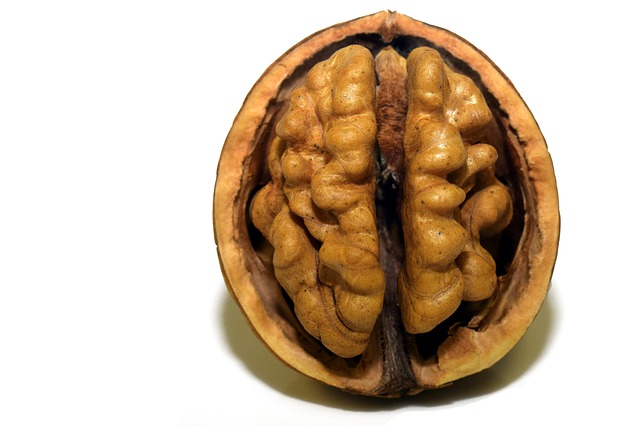Do you want to preserve your brain’s health in the long run? Here you’ll find the top 10 foods you can eat (plus five to avoid).
Have you heard of the Dietary Approaches to Stop Hypertension (DASH) for high blood pressure; or the Mediterranean diet for heart health? When it comes to protecting brain health, a cross between the two diets may be your best choice.
Diet and Alzheimer
The “MIND” diet, acronym for “Mediterranean-DASH Intervention for Neurodegenerative Delay,” stresses the importance of plant-based foods and restricts red meat, saturated fats and sweets. In addition, observational studies suggest that this diet can reduce the risk of developing Alzheimer’s disease by up to 53 percent, as well as delay cognitive decline and improve verbal memory.
The research
Researchers developed this diet by observing the Mediterranean and DASH diets, and then focusing on food through the most conclusive findings on dementia prevention. Vegetables, especially green-leave vegetables, rose to the top. In general, fruits weren’t deemed important, although berries were on the list.
Then, the researchers monitored diet records among a population of older adults for an average of 4 and a half years to discover trends in the diets of those who developed dementia versus those who didn’t. Their discovery was as follows: older adults whose diets were more similar to the pattern established in the MIND diet had a brain function similar to that of people 7 and a half years younger. That’s a significant difference, since it has been suggested that delaying dementia by only five years reduces the cost and prevalence of the disease by half.
Want to see what your diet score is? Add one point for each of the following MIND diet rules that you normally follow in your life (up to a maximum of 15 points).
- At least three servings of whole grains a day
- Green leafy vegetables (as salad) at least six times a week
- Other vegetables at least once a day
- Berries at least twice a week
- Red meat less than four times a week
- Fish at least once a week
- Poultry at least twice a week
- Beans more than three times a week
- Nuts at least five times a week
- Fried or fast food less than once a week
- Mainly olive oil for cooking
- Less than a tablespoon of butter or margarine a day
- Less than one serving of cheese a week
- Less than five cakes or sweets a week
- A glass of wine or other alcoholic drink a day
The conclusions
While both the MIND diet and the Mediterranean diet reduce the risk of Alzheimer’s disease at a similar level, the MIND diet is more flexible, which may make it easier for some Americans to adopt. For example, the Mediterranean diet recommends eating fish several days a week, which can be a challenge.
Another interesting fact: it isn’t necessary to tightly adhere to the diet to see benefits. While the adults in the study who adhered to the diet the most (an average score of 9.6 points out of 15) had the greatest decrease of Alzheimer’s disease risk, those who obtained an intermediate score (7.5 points) also reduced their risk by more than a third.
Consider focusing only on one or two of the aforementioned habits to improve your score and brain health.
Date: September 14th, 2019
By: Angela L. Murad
Nutrigenomics Institute is not responsible for the comments and opinions included in this article






